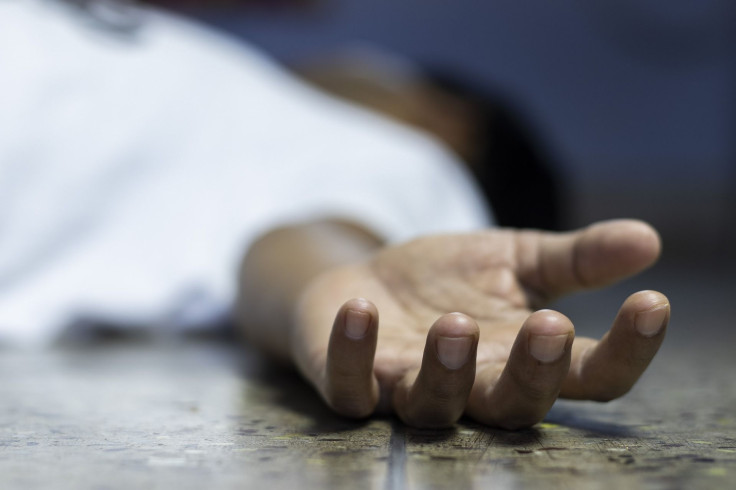On Saturday, Nov. 19, at least 18 people were killed as factions fought for control of drug trafficking routes in southwest Colombia. This is the deadliest clash between illegal armed groups in Colombia since left-wing President Gustavo Petro took office this year, Al Jazeera reported.
According to the government ombudsman's office, the violence took place in Puerto Guzman, about 60 kilometers (37 miles) from the country's southern border with Ecuador.
Colombia's Defense Minister, Ivan Velasquez, told reporters on Monday, Nov. 21, that in the aftermath of the violence, locals "collected corpses and moved them to the cemetery." He added that, while families have been displaced, no civilian locals appear to have been killed.
The fighting included rebel dissidents who rejected a 2016 peace agreement between the Revolutionary Armed Forces of Colombia (FARC) and the government, as well as a criminal group known as "Comandos de la Frontera" or "Border Commandos."
The latter is made up of former FARC fighters and remnants of a right-wing paramilitary group involved in cocaine trafficking to Ecuador and Brazil.
Petro has promised to bring Colombia "total peace" after nearly six decades of armed conflict that has killed at least 450,000 people between 1985 and 2018.
Earlier this year, Petro's administration announced that it would suspend aerial bombings against armed groups in order to reduce casualties among civilians and children who were coerced into joining the organizations.
Velasquez, the defense minister, said at that time that the move signaled the government’s willingness to engage in possible talks with armed groups.
Negotiators from Petro’s government will resume peace talks with the National Liberation Army (ELN), the country’s largest remaining armed group, later on, Monday.
Petro has said his peace plans include FARC leaders who abandoned their group’s 2016 agreement with the Colombian government, which allowed more than 13,000 rebels to reintegrate into civilian life. He also plans to offer reduced sentences for criminal gangs who surrender.
The 2016 peace agreement was rejected by an estimated 2,400 FARC dissidents. According to security sources, they formed armed groups involved in drug trafficking and illegal mining.
Since the 2016 peace agreement, Colombia has seen an increase in violence as FARC dissidents and other rebel groups fight for control of territory, particularly in areas outside the state's control.

© 2025 Latin Times. All rights reserved. Do not reproduce without permission.



